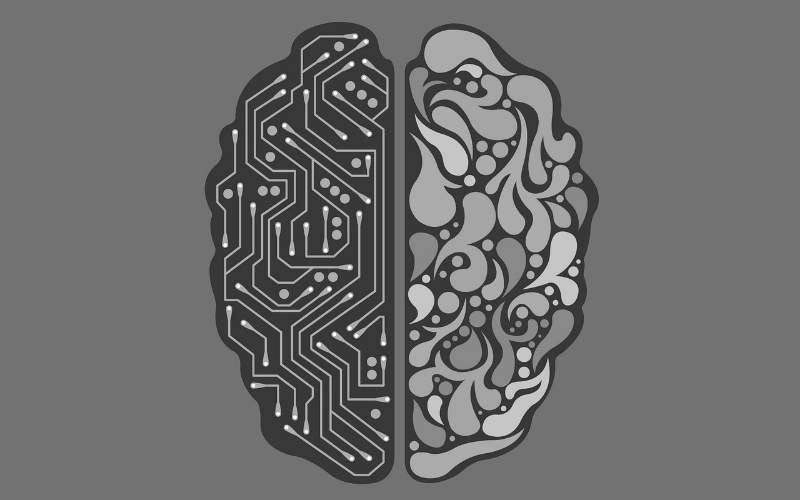Artificial intelligence (AI) could revolutionise the packaging line and fix the problems caused by full automation and human error, according to OAL head of innovation Jake Norman.
Speaking at Label&Print 2018, part of Packaging Innovations 2018 in Birmingham, UK this year, Norman, alongside University of Lincoln research fellow Kjartan Gudmundsson, discussed how AI can be used in packaging systems to eliminate errors in date code printing, a problem that haunts the food sector like a spectre, costing the industry thousands every year.
“In 2015, 277 product recalls were associated with label and date code errors,” commented Norman. “That’s around 20% of total product recalls for the year.”
Removing pesky humans
Automation and technological solutions are nothing new to the packaging industry. Factories have increasingly begun to move towards full automation, removing humans from the equation with the goal of increasing efficiency and reducing human error. This automation, though, brings with it issues of its own.
“What’s frustrating is that there are lots of automated systems out there protecting lines but you still get these problems happening,” commented Norman.
“99.9% of the time the system will be working fine, but on occasion there are slip-ups. For instance you could have a printer that’s controlled by an automated system printing date codes, but when that printer breaks, a new printer would be rolled up into the line that might not be controlled by the system. In that situation, a wrong date could go through the factory without anyone ever verifying it.”
The current thinking is that a human is needed at the end of the supply chain to check for any errors that may have cropped up, but there is no guarantee that the human eye would be able to spot such a mistake. “The problem with people is that we get distracted, we get bored, and our brains will play tricks on us. We like to make shortcuts, and our brains will naturally correct things,” said Norman.
This is the area of the packaging production line where an AI replacement is being proposed.
Giving the eyes a brain
OAL is working with Tesco and the University of Lincoln to develop an AI system that uses machine learning to identify date label mistakes. Rather than trying to use a computer system to control and monitor every machine in the production line – the method currently used by many packaging and labelling producers – instead a final kill step will be put in place to verify date labels before they leave the factory.
The process would be different to traditional ‘machine vision’ technology that has been used in the past. Norman likens machine vision to “having eyes without a brain”, explaining that the technology is capable of spotting variations from a standard, but every time that standard changes, you need to go into the system and teach it what has changed. If a date is smudged or in a different font for example, then traditional machine vision would flag it as an error.
The solution is to add AI into the machine vision process – in essence giving those eyes a brain. “We make up a data set with many, many examples,” explained Gudmundsson, “then we train a deep neural network to extract the features of the images – in the case of date codes this is usually the letters and digits – then we train the system to be able to classify the features. We can then input, say, 20 November, and the machine will be able read that and if the new image doesn’t match, it will flag it up and we will be able to shut down the line before it gets sent out. The beauty is that it can factor in variation; if the number two is slightly tilted, it would still be able to recognise it as a two.”
While there are many concerns around the prospect of AI stealing jobs away from human workers, when it comes to label printing, removing people from the environment has the potential to save companies thousands in recall costs.




